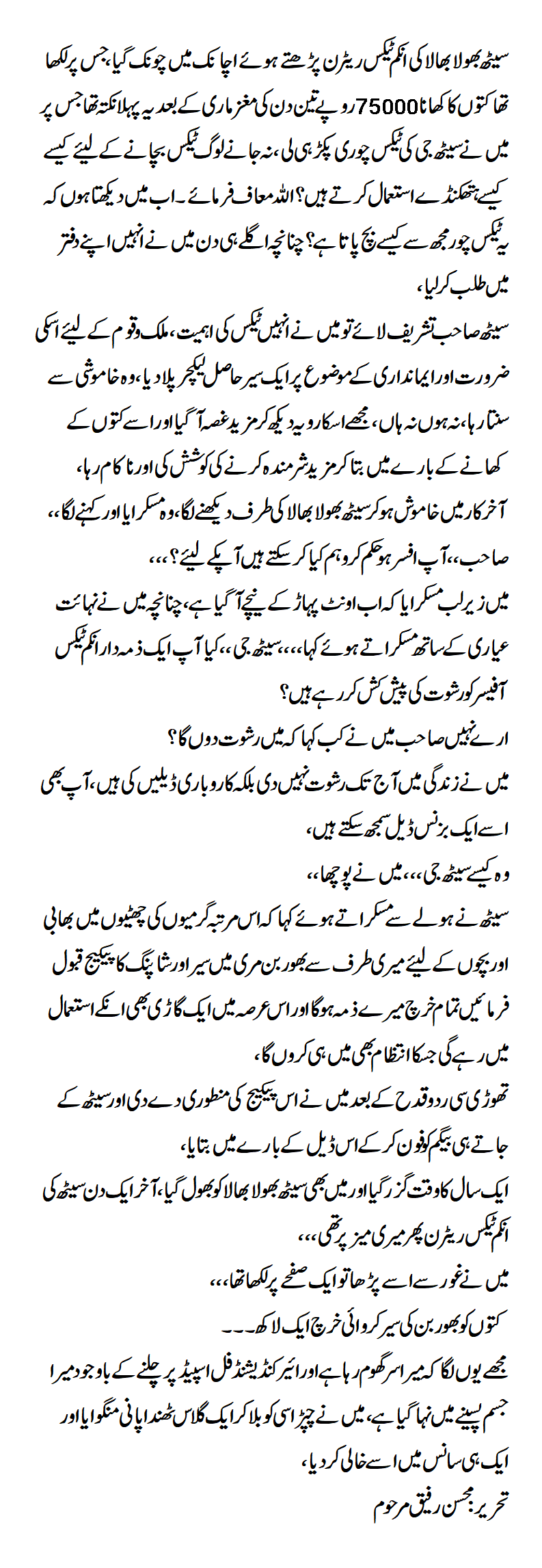An Activist Fondly Known as Handewali Bai: Kamaltai Desai (16-12-1921 to 20-2-2018) By Vibhuti Patel It seems strange sitting in the local train from Govandi to Andheri and writing homage to Kamaltai Desai. Many memories crowd my mind.
With her passing away one could say an entire generation of pioneers of the women’s movement who were committed to the cause of working women have left us orphaned. A big void has been created in terms of leadership. I first met Kamaltai in 1974, when she visited Vadodara along with Mrinaltai Gore, Ahalyatai Rangnekar,
Manjutai Gandhi and Taratai Reddy to form Vadodara branch of Anti Price Rise Women’s Committee. As a college girl, I was highly impressed by her egalitarian ethos, courage of conviction, work ethics, Spartan lifestyle and her commitment to labour standards. Kamaltai was always at the forefront of struggle against price-rise, hoarding,
black marketing and corruption. Mrinaltai and Kamaltai had also taken up issues of water supply in newly formed suburns in North Mumbai and both were popularly known as ‘Handewali Bai” and “Paniwali Bai”. All of us knew the history of activism of
Kamaltai and her resilience and courage. She had to face marital abuse a few years after marriage but bore it courageously and came out of her suffering by plunging into work for others working with Baburao Samant. She began to be known as a staunch Lohiaite. In 1972, Kamaltai actively supported formation of Maharashtra State level Stree Mukti Andolam Sangharsh Samiti (Women’s
This study is to examine the service provided by a local manager, the central figure of a department whose activities have not yet been thoroughly researched academically in the film study of Indian film industry.

My study concentrates on a person named Pollachi Raja, the pioneering local manager working mainly in the area around Pollachi, a local town standing on the border between Tamil Nadu and Kerala states in South India,
and my interviews with him made twice in recent years form the major resource of the study. A few films are taken as a sampler amongst more than one hundred filmic works to which Raja was involved as a professional local manager, and the detailed services a local manager supplies to filmmakers and their significance in Indian filmmaking are examined.